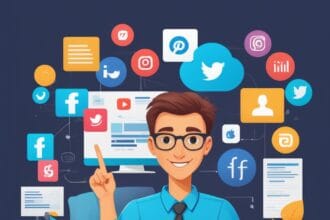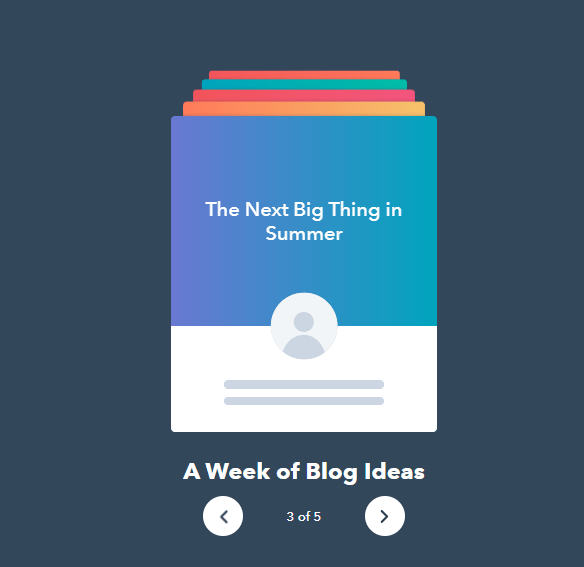Social media has changed the world forever in many ways. There are tons of positive aspects that it has provided, but at what cost? Social media has been connected to mental health issues like depression and anxiety, and in this article, you will learn about how it has the potential to negatively affect a person’s health and wellbeing and what can be done to improve it.
Social Media Can Affect Your Brain’s Reward Pathways
On the surface, social media use is a pleasurable activity; it can be fun to see what others are up to and be able to converse with others about a particular topic on a whim, but over time, this can potentially be harmful, and even addictive for a lot of people.
Opening your social media apps has the ability to trigger the release of dopamine in the brain, and with overuse, people can crave this neurotransmitter because it makes them feel good. The same effect can be seen in eating food, and people can resort to it to find comfort.
Social media and food are not inherently dangerous, but like anything else, they can be misused, and people can become emotionally dependent on them.
It has been demonstrated that people can feel moodier when unable to access social media, which is only reinforced when people compulsively use it to feel better.
Social Media Can Damage One’s Self-Esteem
Browsing social media exposes you to so many people, and it can be entertaining seeing the lives of influencers, but this can have its consequence on the minds of others.
Unfortunately, watching content on social media can create various self-esteem problems. For instance, body image issues are prevalent, and people can feel inadequate due to some online figures’ money and lifestyles.
Another issue that’s commonplace on social media is cyberbullying, and this has demonstrated that it can have severe repercussions on individuals who are affected by it.
Being active on social media can expose you to unsolicited thoughts and opinions that can be hurtful. This can affect anyone, but it is especially problematic for content creators who are unsure of how to cope with what the public is saying. Therefore, social media can negatively affect both the average viewer and online personalities.
How To Overcome Anxiety Caused By Social Media
Social media overuse can be addressed by gradually distancing yourself from it and carefully managing how you spend your time on it. Progress won’t happen overnight, but you can make great strides quicker than you think.
Some strategies you can use are turning off your notifications and putting your phone away while you’re busy, and finding healthier hobbies and activities to make productive use of your time.
Many people will go cold turkey and deactivate all of their accounts in order to cleanse themselves, but this is highly dependent on the individual. In addition, this method might have an increased risk of psychological withdrawal because it places a great deal of importance on social media.
If social media has been harming your mental health, you are also encouraged to seek help from a licensed professional at BetterHelp. Anxiety and depression are common issues that people face, and social media is contributing to their growing statistics.
In addition to the tips mentioned above, a counselor or therapist can teach you ways to cope and relax no matter where you are, and having that extra support can make it easier to adapt and make positive changes. You can also click the link down below to find additional resources regarding anxiety that could help you learn how to overcome it.
https://www.betterhelp.com/ca/anxiety/
Conclusion
Social media can be helpful, but it’s something that must be used responsibly, and hopefully, the examples in this article have shown how it can be detrimental to a person’s mental health. By managing your use and getting support, social media doesn’t need to run your life; instead, it should be something that enhances it.
Marie Miguel Biography

Marie Miguel has been a writing and research expert for nearly a decade, covering a variety of health- related topics. Currently, she is contributing to the expansion and growth of a free online mental health resource with BetterHelp.com. With an interest and dedication to addressing stigmas associated with mental health, she continues to specifically target subjects related to anxiety and depression.







